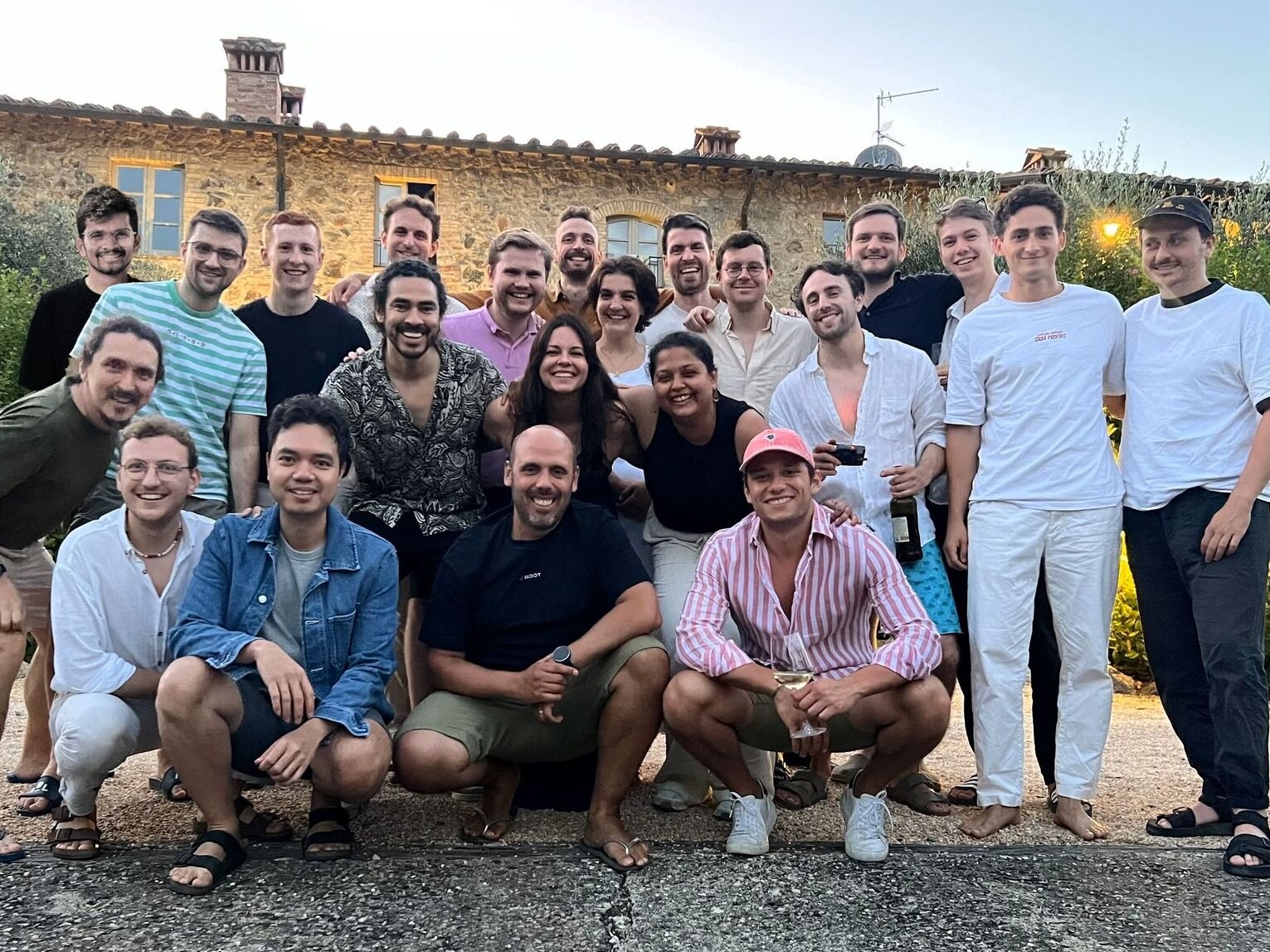5 min Q&A with Eric Oancea, Co-Founder of Root Global

Our portfolio ClimateTech company Root Global raised an €8m seed round. We took the opportunity to talk with Root Global’s founder Eric about their journey so far.
Mila: Let’s start off light – Eric, what does Root do?
Eric: Root builds software that helps companies across the Food & Agriculture value chain get to Net Zero. Our RootOS platform enables food and beverage manufacturers, FMCG and retailers to collect data across their value chains all the way to the farm, calculate their climate footprint and make better decisions on how to reduce their CO2e footprint over time.
Mila: What was the key insight behind starting Root?
Eric: Before starting Root, Mo and I spent a couple of months traveling through Germany and working with farmers, food processors, large FMCG and retailers to better understand an industry we were always fascinated about. It turned out that executives were unsurprisingly crisp in explaining how they sourced cocoa beans from the most remote areas on the planet – but they were genuinely afraid of going out of business due to not understanding “sustainability” and concretely the impact of their climate footprint. When we dug deeper, it turned out that companies were falling back on calculating their CO2e scores using outdated industry benchmarks because they could not find an effective way to collect the necessary supplier data from their supply chains. Consequently, it was impossible for them to initiate and prove CO2e reduction. We also saw that industry frontrunners built their own systems and tools that would solve this problem for millions of EUR a year. We thought: There must be a more effective way to help out a sector that is responsible for ~30% of all GHG emissions, but one that can also act as a carbon sink if the right principles and data transparency were in place!
Mila: What inspired you to start Root, and how does your vision align with the growing importance of sustainability in supply chains?
Eric: Mo and I have always been excited about tackling big, complex, world-changing problems – more than anything else because we were afraid that anything less would eventually get us bored. Spoiler alert: Building a company will never get you bored. I was lucky to help build a sustainable sourcing platform for enterprises in a different industry as part of my previous job. When we learned more about how broken carbon accounting is today, we were captured by the idea of building a vertical Saas business given the nature of how companies count their GHG emissions: A company’s emission footprint includes emissions of all its suppliers. For example, out of Nestlé’s 113 million tons of CO2e, which equals all of Belgium’s GHG emissions, over 107 million are emitted across their supply chain! So if we could build a platform that helps a critical mass of key suppliers, it would be a no-brainer for brands to onboard and get >50% of their CO2e emissions in one click! This is the sort of business that for us leads to real-world, tangible impact, for a cause that we genuinely care about and can excite others to join us for!
Mila: A question we are constantly trying to answer when it comes to climate investing is how much of a driver are regulations really? How do evolving regulations around emissions and sustainability tracking impact your business model?
Eric: The exciting part about working on the climate problem is that regulations are a great driver for businesses to become more transparent and serious about their sustainability efforts. However, it is not our main business driver. In reality, the private sector is acting ahead of regulations, creating their own mechanisms to protect themselves from a future tangible carbon price that could drive them out of business. This can mean concretely large food brands cutting relationships with suppliers or supermarkets dropping brands from their shelves if they do not have clear climate targets and reduction measures in place.
Mila: What has been the most challenging aspect of building Root, and what key lessons did you learn along the way?
Eric: Finding a problem that is big and urgent enough that companies would pay considerable amounts for, is tough. One aspect I would single out to be at least as challenging is setting up your team for success: identifying and convincing great people to join your cause and create systems, rituals and a culture that maximizes your chances of success and creates an enjoyable ride for the team. We knew that this would be really hard – Mo and I spent more than a year previous to founding Root meeting up every Saturday morning and thinking through, discussing and aligning on company building aspects. But it turns out it is even much harder than expected. It is a topic we spend a lot of time on and will continue to do so. A recent example is the system we put in place to create valuable relationships between our angel investors/ advisors and our early employees – we built our cap table in a way that every function in our company has 1-2 mentors our teams can benefit from: Be it in the form of regular check ins, workshops on a specific decision at hand or ad hoc Whatsapp calls and messages.
Thank you, Eric!